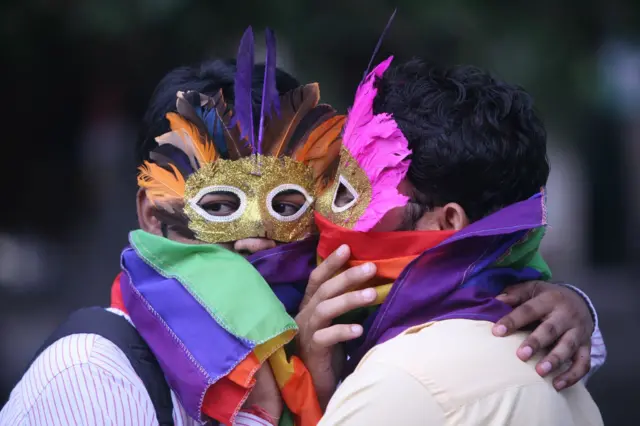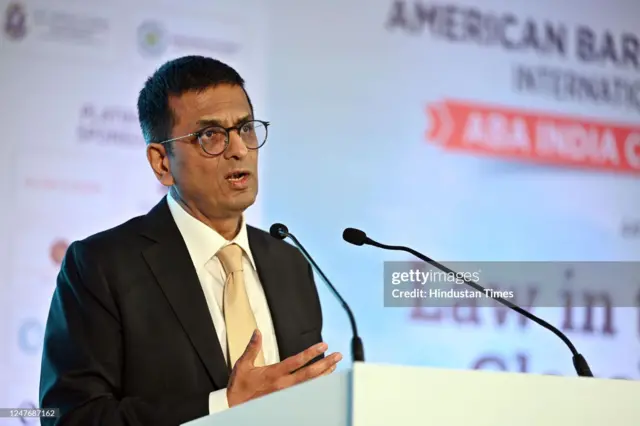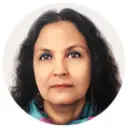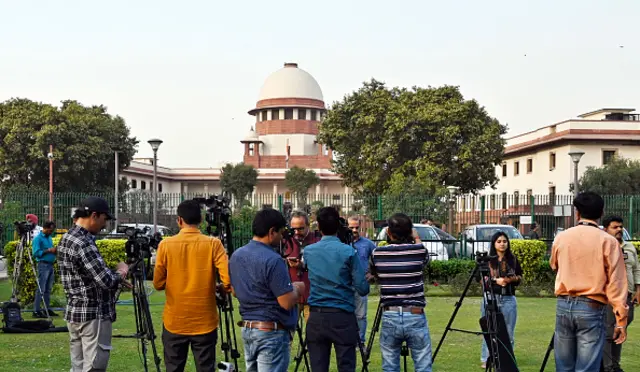How many people will the judgement impact?published at 04:02 BST 17 October 2023
To put it simply: a lot.
India is home to an estimated tens of millions of LGBTQ+ people. In 2012, the Indian government put their population at 2.5 million, but global estimates believe it to be at least 10% of the entire population which would make it more than , external140 million people - that’s almost twice the size of UK’s total population.
So, a lot of attention is focused on what happens in the top court. And LGBTQ+ activists say a favourable decision would set off significant changes in society.



